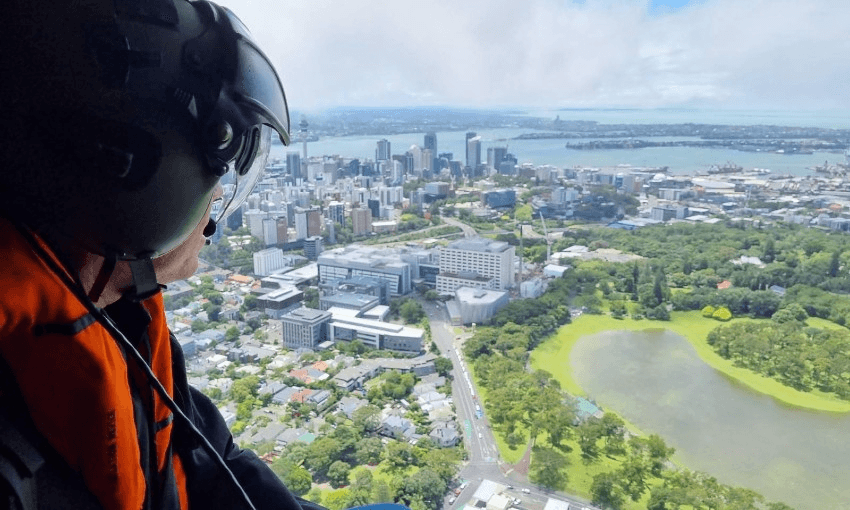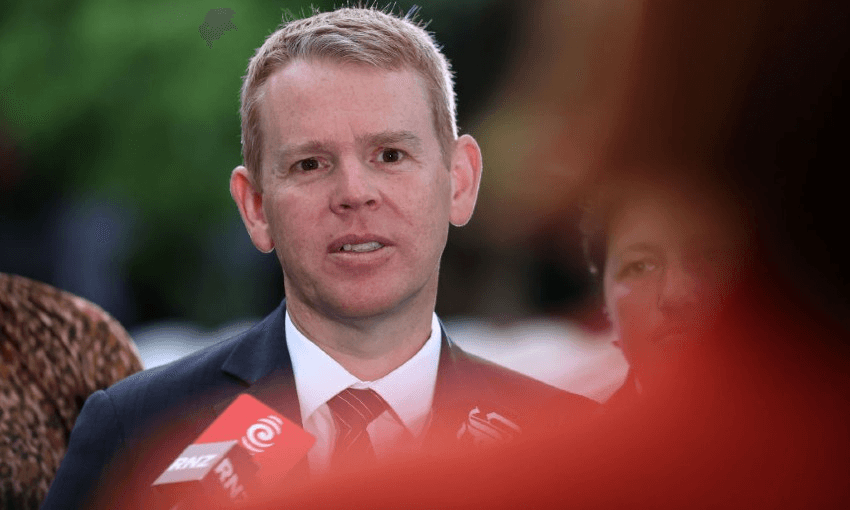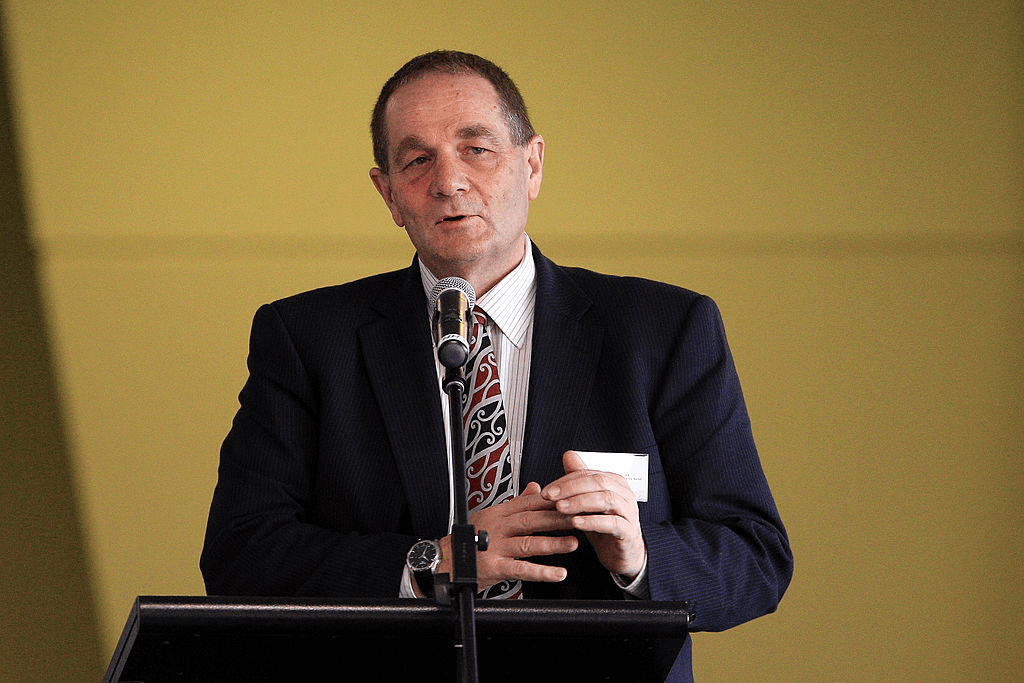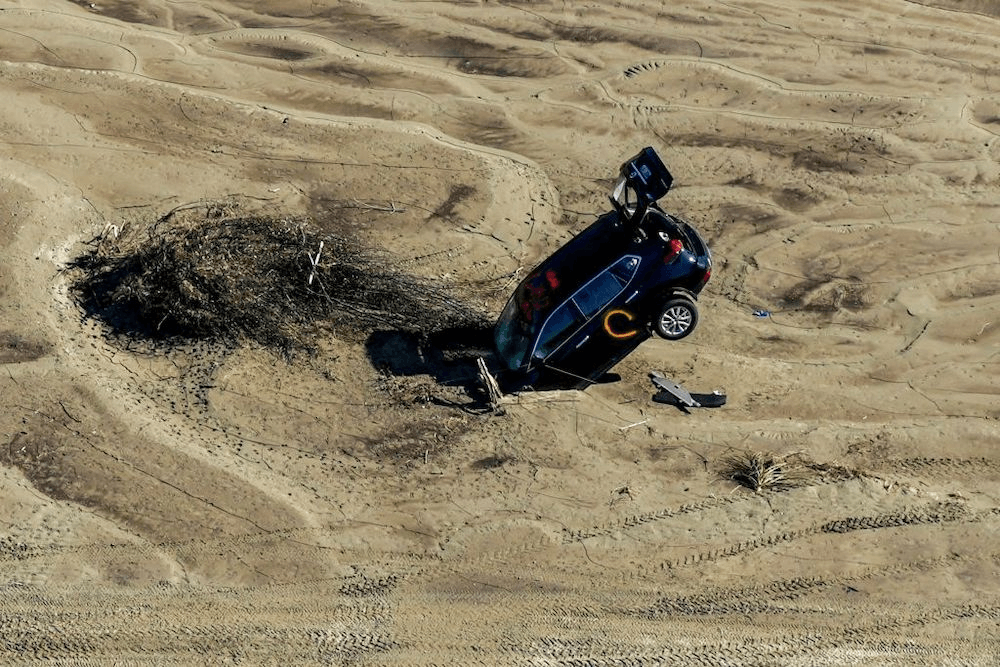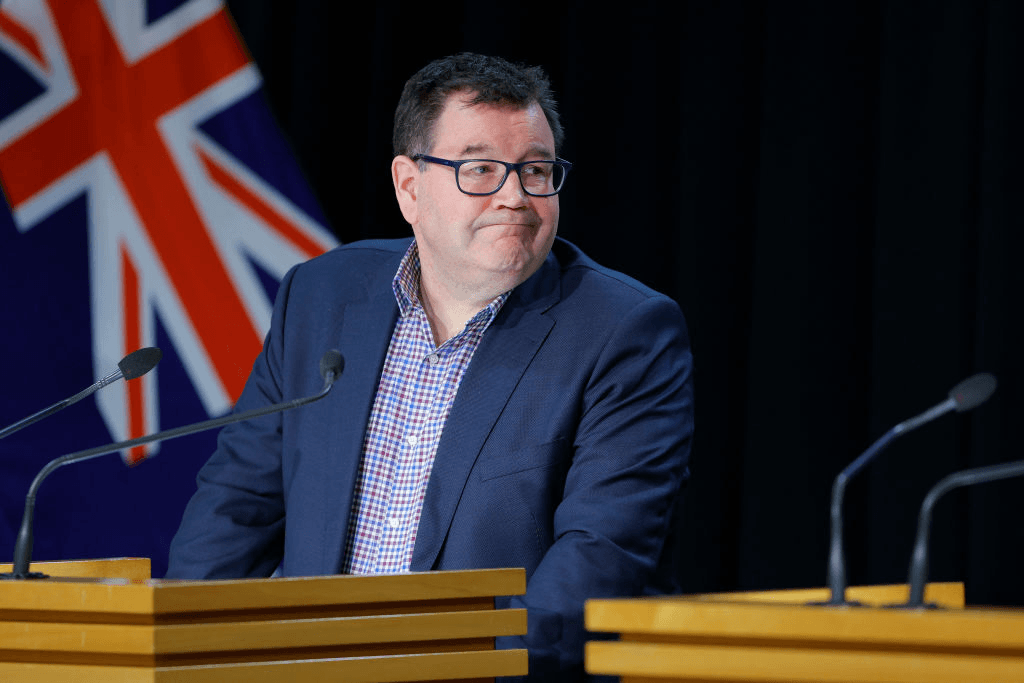An international fundraising drive, similar to what happened after the 2011 Christchurch earthquake, has been launched following the devastating impacts of Cyclone Gabrielle.
It’s anticipated that the clean-up costs from the recent severe weather could surge into the billions and prime minister Chris Hipkins, speaking at parliament, said this new appeal would allow people to help out.
“We will be looking to attract international donations to supplement the generosity of New Zealanders,” Hipkins said. Asked whether a fundraising appeal was the right approach, given we are in a cost of living crisis, Hipkins said he knew there were people abroad with strong connections to New Zealand. And, he said, the appeal would allow people to make “micro-donations”.
People can text GIVE to 2454 to donate $3 to the cyclone appeal. There is also an internet banking option (Cyclone Gabrielle Appeal Fund, 03 0251 0040146 00) and over the counter options at all trading banks.
A special trust will oversee the appeal, which will focus on medium to longer term recovery projects. “As we saw in Christchurch it’s the facilities where people come together which so often need the most help. Be it sports clubs, marae or community halls there is huge need across multiple affected regions.”
And on March 18 there will be a special Lotto draw, with all proceeds going to the cyclone recovery. Asked about the fact Lotto tickets were disproportionately purchased by lower income New Zealanders, the prime minister said the important thing was that all funds would be helping with the cyclone clean-up. People would be buying Lotto tickets regardless of the appeal, he said.
Hipkins confirmed the nationwide state of emergency will continue, particularly focused on Tairāwhiti and Hawke’s Bay. Other regions will move into a transition stage within the coming days.
There were now just eight sections of the state highway still closed following the cyclone. About 80 people remained in Civil Defence shelters, with four people still unaccounted for. That’s down from about 7,000 in the days after the cyclone, which Hipkins called a “remarkable” effort by police.
More than 40,000 insurance claims have been registered, with as many as 1,800 households in Auckland alone potentially needing temporary accommodation. “I’m committed… to standing shoulder to shoulder with the affected regions. We’ll back them and partner with them to lead their local responses,” Hipkins said.
Meanwhile, the prime minister confirmed the Census will go ahead on March 7 – but that follow-up activity in the regions would be extended as a result of the cyclone.
Hipkins also paid tribute to former minister Chester Borrows who has died at the age of 65. “I always found him to be a really honest straight shooter, someone I really enjoyed working with… and an all round decent bloke,” Hipkins said.
